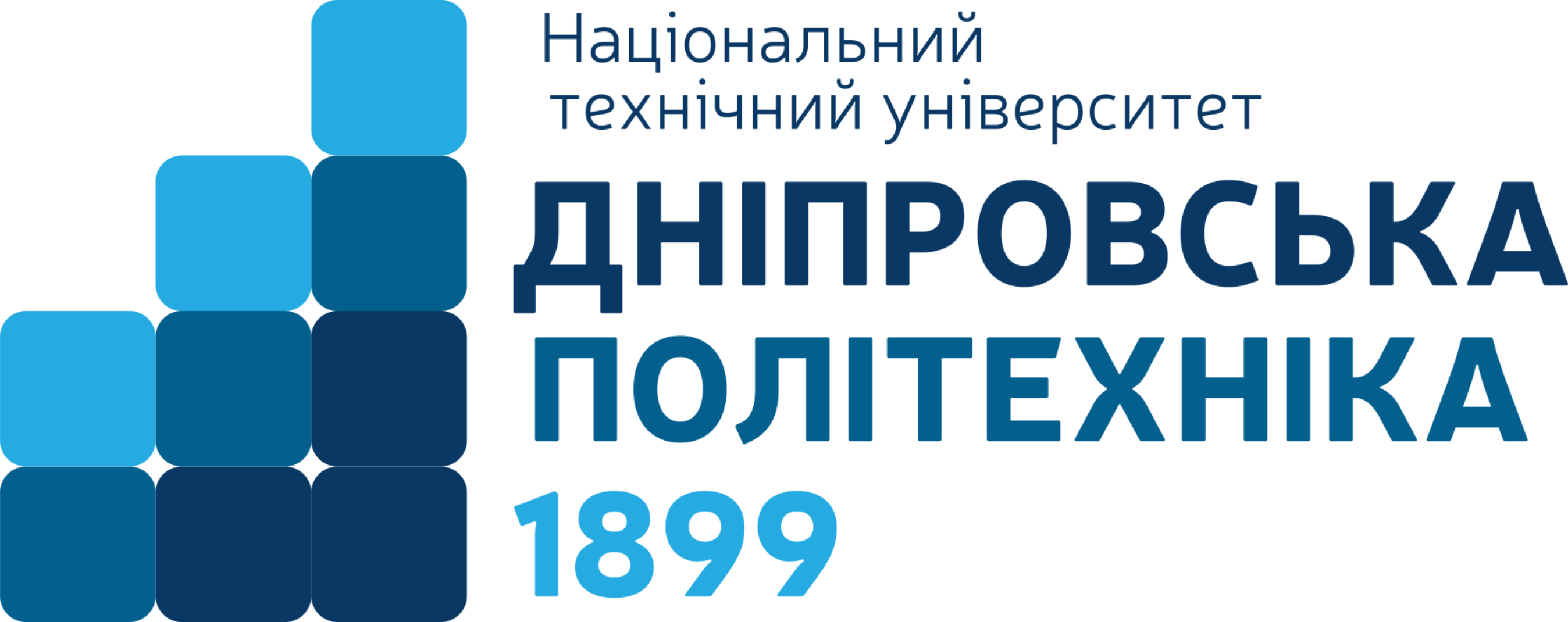SOME QUESTIONS ABOUT JUDICIAL DISCRETION IN POWER OF THE SUPREME COURT ON INTELLECTUAL PROPERTY IN THE EXAMPLE OF ESTABLISHMENT A TRADEMARK AS A WELL-KNOWN TRADEMARK
DOI:
https://doi.org/10.32782/LST/2022-1-8Keywords:
well-known trademark, judicial discretion, evaluative concept, standard of evaluation, concretization.Abstract
Purpose of work. This article is devoted to the analysis of the place of judicial discretion in the procedure of recognition of a trademark as a well-known trademark. The main purpose is to study the source of judicial discretion in the procedure of establishment of a well-known trademark. Methodology. The research is based on the norms of Ukrainian law, in particular The Law of Ukraine «On Protection of Rights to Trademarks for Goods and Services», the rules of International Law, devoted to the regulation of the subject matter. Scientific novelty. The legal doctrine defines judicial discretion as the court’s power to make a choice between several legal options. The compelling reason to empower the court to make choice is that the legislature cannot describe all possible types of situations where a trademark is well – known. The legal science defines different approaches to the subject of means of granting a court the power to make choice between different legal options. Most of the authors mention evaluative concepts, such as good faith, reasonableness, equity. It is also mentioned a simple empowering to use discretion. The notion of well-known trademark is not an exact term. The expression “a well-known trademark” is an evaluative concept. The application of evaluative concepts requires the fulfillment of discretionary activity by the court. Evaluative concepts are the means of legal technic which confers the power to decide a legal question applying judicial discretion. These peculiarities of legal regulation are important for the discovery of the legal regime of well-known trademarks and let achieve some theoretical conclusions which are important for research on judicial discretion in commercial procedure. The application of the evaluative concept of well-known trademark requires that the concept must be concretized in the context of a particular case. Such a concretization includes, among other things, the elaboration of the standard of evaluation. The standard includes the list of relevant factors which must be taken into account during the evaluation of a trademark. The law of Ukraine and rules of International Law authorize the court to create such specific standard. Conclusions. The application of evaluative concepts requires the fulfillment of discretionary activity by the court. Evaluative concepts are the means of legal technic which confers the power to decide a legal question using judicial discretion. Evaluative concepts also direct and limit discretion.
References
Бакалінська О. О. Конкурентне право: навч. посіб. К.: Київ. нац. торг.-екон. ун-т, 2010. 380 с.
Барак А. Судейское усмотрение / пер. с англ. М.: НОРМА, 1999. 376 с.
Бару М.И. Оценочные понятия в трудовом законодательстве. Советское государство и право. 1970. N 7.
Безина А. Лазарев В. Конкретизация права в судебной практике. Советская юстиция. 1968. № 2. С. 6–7.
Боденхаузен Г. Парижская конвенция по охране промышленной собственности: Комментарий. М.: Прогресс, 1977. С. 36.
Гордейчук В. В. Виключне право на торговельну марку як елемент змісту правовідносин інтелектуальної власності (вітчизняний та міжнародно-правовий аспект): Дис. … канд. юрид. наук : 12.00.03 / Гордейчук Віталій Вікторович ; Нац. юрид. ун-т ім. Ярослава Мудрого. Харків, 2018. 192 с. URL: http:// nauka.nlu.edu.ua/download/diss/Gordeichuk/d_Gordeichuk.pdf.
Демченко Т.С. Правова охорона загальновідомих і знаменитих знаків у міжнародній практиці та в Україні//Вісник господарського судочинства. 2001. № 3. С. 204–210.
Дзик Д. В. Проблема захисту загальновідомих товарних знаків. Наукові записки НаУКМА. 2002. Т. 20. Спеціальний випуск : у 2 ч. Ч. 2. С. 331–332.
Зайцева Е.А. Правовая охрана общеизвестных товарных знаков. Автореф. дисс. на соиск. уч. ст. к.ю.н. М., 1998.
Каминка А.И. Очерки торгового права. М.: Центр ЮрИнфоР, 2002. С. 189.
Кашанина Т.В. Оценочные понятия в советском праве: Дис. … канд. юрид. наук. Свердловск, 1974.
Кодиров Ш. Б. Недоразумение относительно понятия «общеизвестный товарный знак». Журнал суда по интеллектуальным правам. 2020. № 28. С. 104–116.
Кудрявцев В. Н. Общая теория квалификации преступлений. 2-е изд., перераб. и доп. М.: Юристъ, 2004. – 304 c.
Лазарев В.В. Применение советского права. Казань, 1972. 200 с.
Опалев Р. О. Оценочные понятия в арбитражном и гражданском процессуальном праве. М.: Волтерс Клувер, 2008. 248 c.
Орлюк О. П. Право інтелектуальної власності. Академ. курс; Підручник для студентів вищих навч. закладів / За ред. О. П. Орлюк, О. Д. Святоцького. К. : Видавничій Дім «Ін Юре», 2007. 696 с.
Рісний М.Б. Правозастосувальний розсуд у юридичній практиці (загальнотеоретичне дослідження) Львів: Край, 2007. 192 с.
Турчин-Кукаріна І. В. Характеристика змісту, обсягу, форми та функцій цивільно-процесуальних оціночних понять права. Юридична наука. 2011. № 2. С. 73–79.
Christie George C. Vagueness and Legal Language, 48 Minnesota Law Review 889 (1964). URL: https://scholarship.law.duke.edu/cgi/viewcontent.cgi?article=1207&context=faculty_scholarship.
Galligan D. J. Discretionary Powers. 1986. Oxford: OUP.
Levi E.H. An Introduction to Legal Reasoning. Chicago: The University of Chicago Press, 1949. URL: https://archive.org/details/in.ernet.dli.2015.166869/page/n9/mode/2up.








